We are always looking for an alternative...
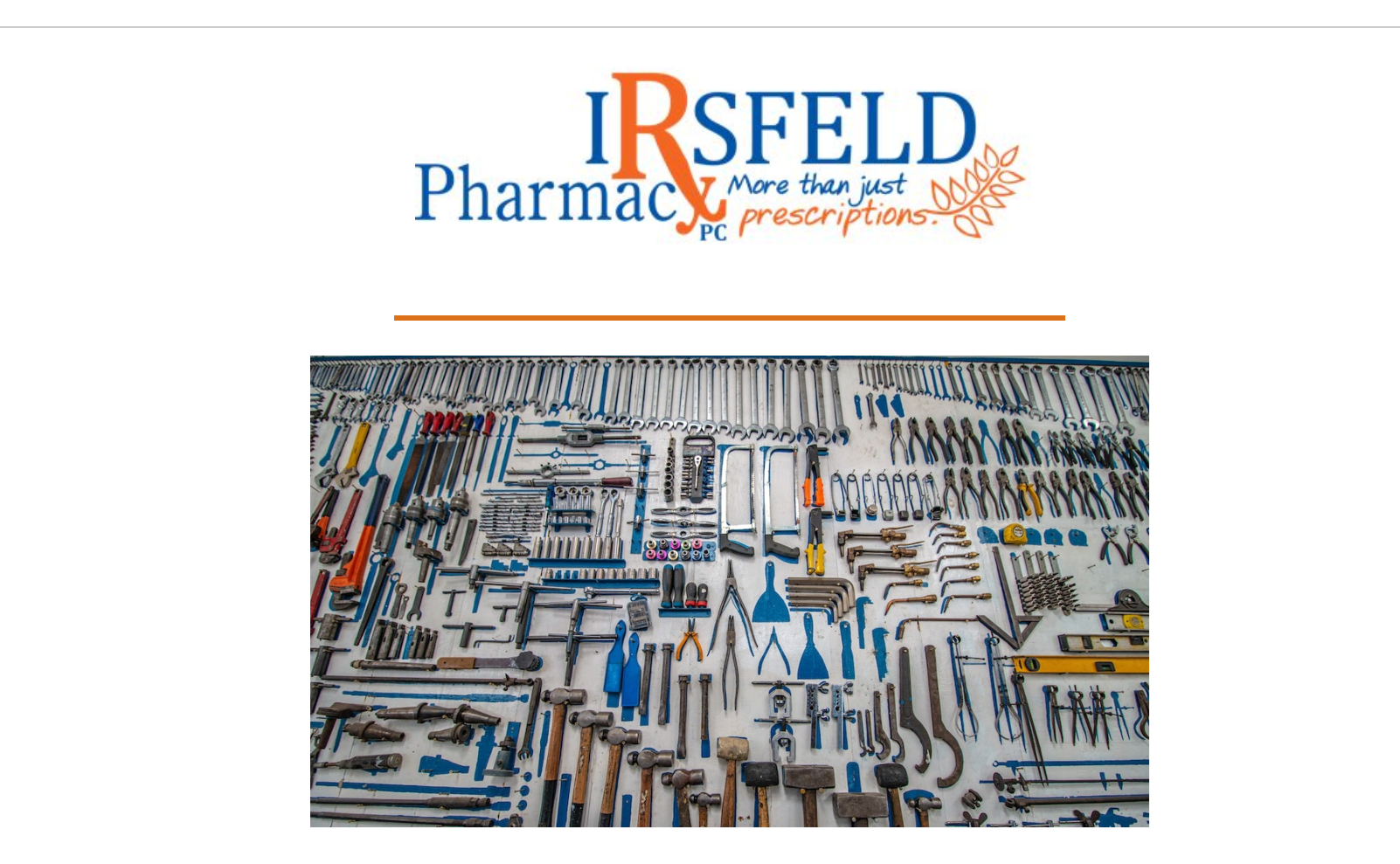
It is common for both men and women to like tools to make their jobs easier. As in any profession, including pharmacy, the more and better tools you have to allow you to be more effective in your job. When helping our patients with health-related concerns, having access to unique tools benefits the patients in many ways.
The most common tool in conventional pharmacy is traditional prescription medications. Prescription medications are FDA-approved medications for specific disease states. Another way to utilize prescription medications is using them in an off-labeled condition. An off-labeled use would be using an FDA-approved drug for an unapproved condition.
A great example of off-labeled use is with the drug Neurontin, or the generic name, gabapentin. Gabapentin is approved for epilepsy, partial seizure disorder, and postherpetic neuralgia but is used off-label for neuropathies and chronic pain. Studies have shown that about 20% of medications prescribed are done so in an off-labeled manner.
The second tool in our box is custom compounded medications. Compounded medications use an FDA-approved drug in a non-FDA-approved dosage form. Some of the more common areas of medicine where compounding can be helpful include:
• Pain and nausea management
• Pediatric patients
• End-of-life symptom management
• Patients with unique sensitivities
• Veterinary medicine
• Discontinued medications
• Hormone replacement
We often get the question at the pharmacy what is compounding? Compounding is the art and science of preparing personalized medications for patients. We incorporate pure pharmaceutical ingredients into bases to make a unique dosage form for that patient.
The easiest way to explain compounding is taking an oral tablet not available in a liquid form and making a compound by crushing it in a mortar and incorporating it into a suspension for the patient to ingest. The reason for compounding the medication into a liquid would be the patient’s inability to swallow the existing tablet form. Compounding this type of dosage form can be for any patient but is most often used with pediatric patients or the elderly, as both can have issues swallowing.
Other ways to help our patients who cannot swallow is by compounding medications that can be absorbed through the skin, inserted rectally as a suppository, or even sprayed into the nose.
Compounding allows us to make unique dosage forms that meet the need of the individual. Sometimes, a patient can be allergic to the ingredients in a commercially available product, including sugar, lactose, dyes, or alcohol. In these instances, a compound is formulated without the offending ingredient.
Some questions to ask before compounding a medication are the following.
• Are all your health needs being met with your current manufactured medication?
• Do you have chronic pain that is never wholly relieved?
• Do you suffer from hot flashes and mood swings or always feel sick and tired?
• Is there a medication you have been taking that has been taken off the market?
• Do you have physical limitations such as problems with nausea from the medication, or can you swallow a dosage form?
• Do you have a child or pet that you struggle with dosing their medications?
The following tool we utilize to help our patients is dietary supplements. Some refer to this as natural medicine. The ability to tap into a completely different area with a mounting body of research has been a joy to offer our patients. The origin of pharmaceutical medications is rooted in natural medicine, so this is not a stretch to say that there are many good treatment options for patients looking for alternatives.
Here is an example of a patient that I recently visited who wasn’t on board with taking a statin medication for her elevated cholesterol. She worked with her provider, and they decided she would try a red yeast rice product along with some lifestyle modifications for three months and then recheck her levels. In the three months, she lost 8 pounds, her total cholesterol decreased from 270 to 201, and her LDL or bad cholesterol decreased from 147 to 94. She was ecstatic with the results, as was her provider.
Another tool we have at the pharmacy is access to testing companies that offer unique options from conventional testing options. We can access tests for hormones, cortisol, thyroid, micro-nutrients, lipid particle size, omega-3 fatty acids, and heavy metals. When you hit a roadblock, having testing options to dig deeper into your health concerns can be a huge benefit.
The final tool we use to help patients is our access to unique providers specializing in different areas. When you run out of answers or options for patients, it is time to refer those patients to someone with a different skill set. It has been my experience that patients appreciate when you have their best interest in mind and are unafraid to refer them to someone with a different set of tools because, in the world of tools, there is always someone out there with a more extensive toolbox.
This article will hopefully give you some insight into how my staff and I go about helping our patients deal with complex health concerns. A toolbox loaded with non-conventional tools allows us to look at patients and help them from a different angle.
If you are struggling with your current health status, call the pharmacy @ 701-483-4858 or stop in to schedule a consultation. Please visit my website at www.irsfeldpharmacy.com to find this and other archived articles in the blog section.
Until next time, be vigilant about your health!!!

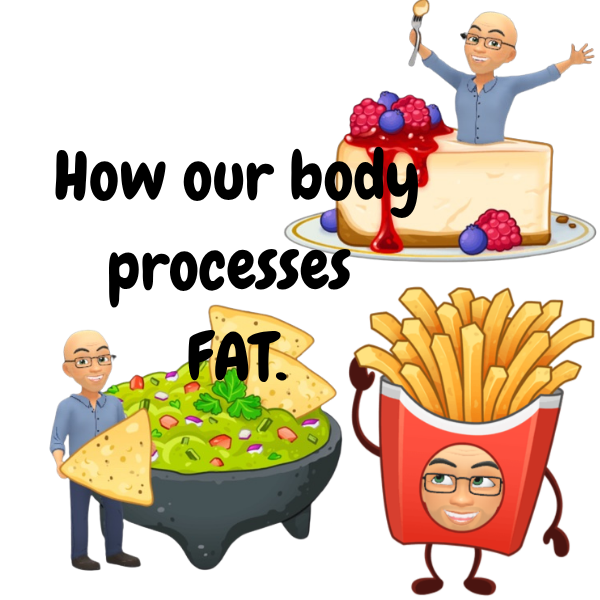
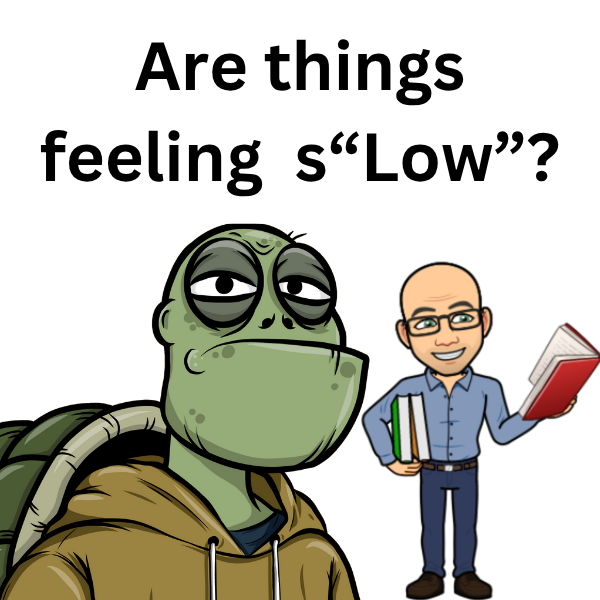

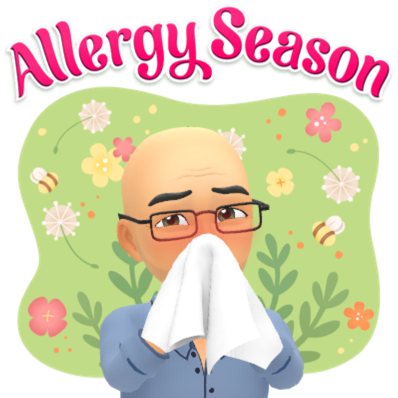
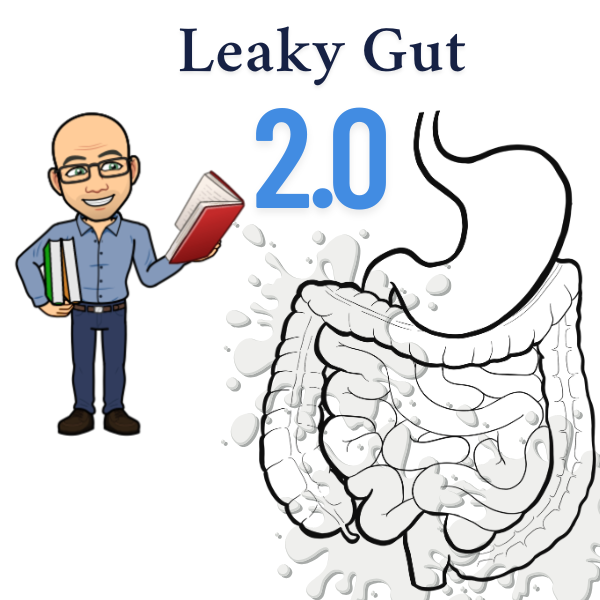
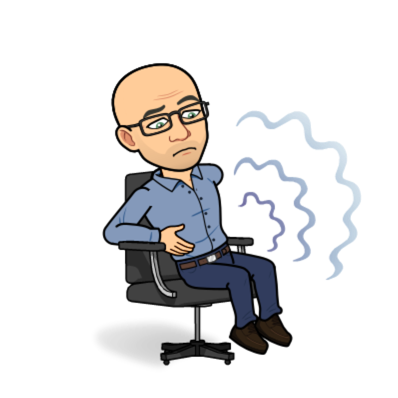
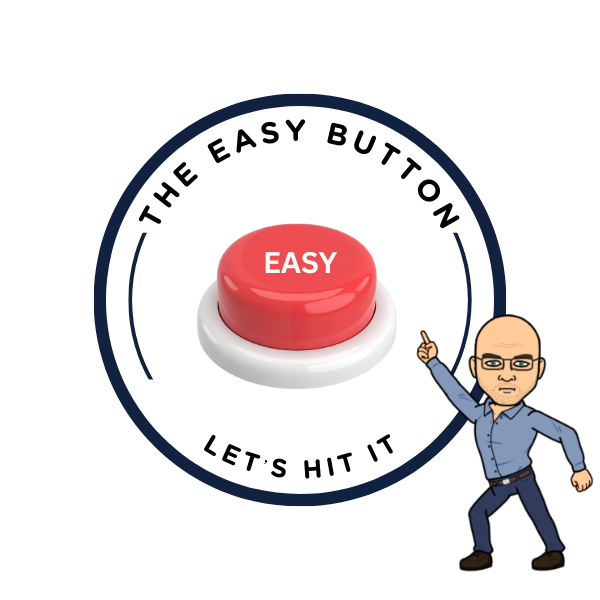


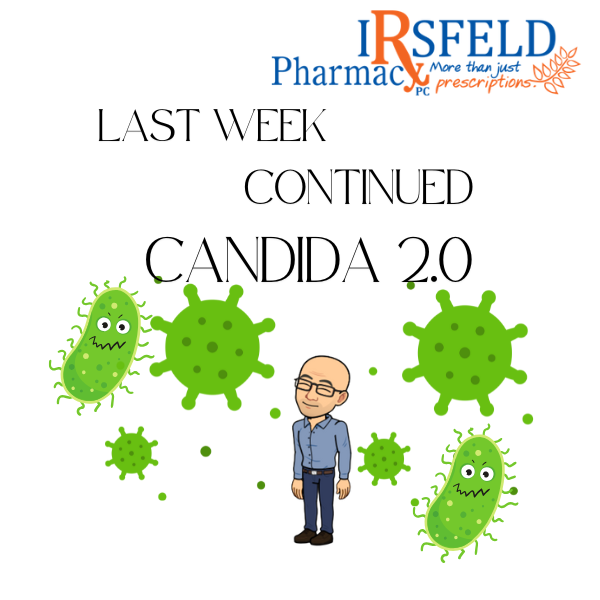
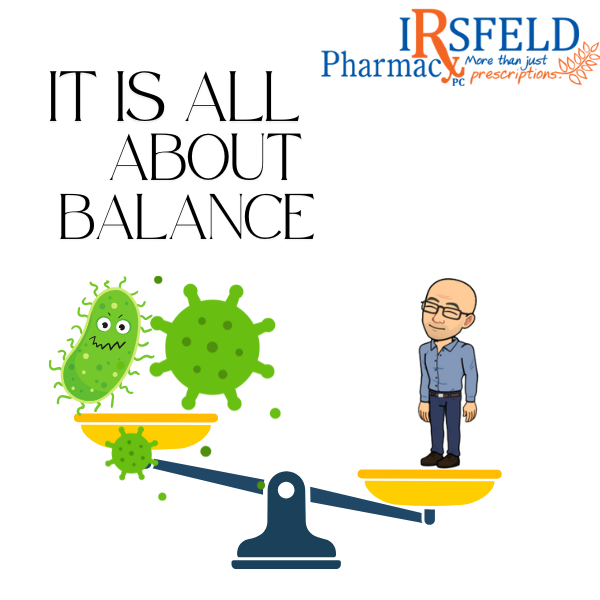
Share On: